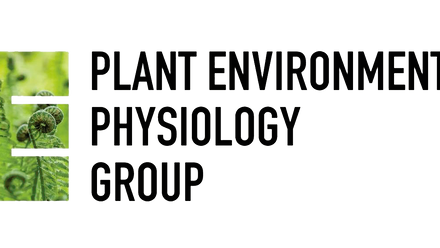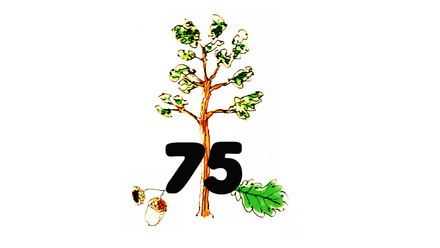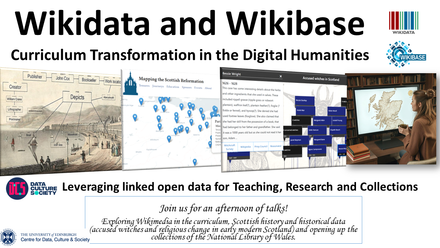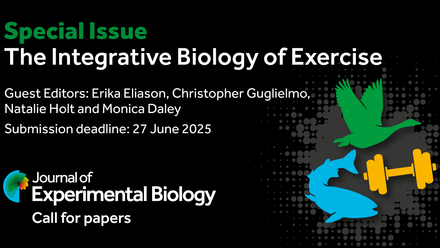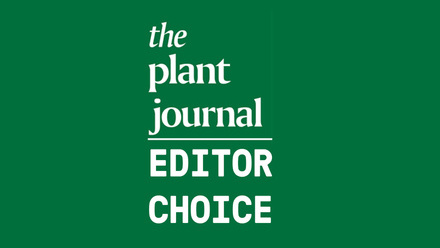President's letter
Dear members
I am delighted to write this first letter on taking over as President of the SEB from Craig Franklin last summer. I would first like to thank Craig for his work for the Society over many years, but in particular as President for the last 2 years, which have, for obvious reasons, represented a period of considerable challenge for the SEB as well as our members. We have also had the completion of the sale and move from Charles Darwin House, our previous base in Central London, to first rented office accommodation on the South Bank, and then to remote working as the pandemic hit. This has involved much upheaval for our dedicated staff. Throughout, Craig has worked to establish a Strategic Plan framework for the Society, as well as considerably furthering the inclusion and diversity agenda within the SEB.
It is, therefore, a genuine honour and privilege to take up the position as incoming President at this time in the Society’s history, as we approach our Centenary Year in 2023. Whilst the last couple of years has been a time of unprecedented personal and professional challenges for many, including impacts on research activity and funding, it is also a very exciting time for science, and biology in particular. An exciting time—but also a testing time, with the COP26 conference highlighting the ever-increasing urgency for action around climate matters. For this reason, much of this issue is focused on the question of carbon net zero and how we can collectively support Planet Earth into a sustainable future. Experimental biology can of course only be part of the potential solutions, but surely as we look forward this will be something that is increasingly on all of our agendas, both scientific and personal. The SEB will be playing its part, and we need to look at how we can reduce the carbon impact of our activities.
A new President means also of course a new Vice-President, and I am delighted to be able to welcome Professor Tracy Lawson of the University of Essex (https://www.essex.ac.uk/people/lawso15101/tracy-lawson) into this role. Tracy is the nominee of the Plant Section, and is an expert in stomatal physiology as well as having significant experience in outreach and engagement activities, and becomes President in 2023.
I would also like to reflect on this year’s SEB Annual Conference, which was held for the first time online across 2 weeks at the end of June and early July. The complexity of the normal Annual Conference and almost all of its features were maintained online, stretching the conference platform to its limits. SEB staff led by our Events Manager, Eniola Alalade, worked flat out over very long hours to make this meeting work, and all credit must go to them and all others involved in its success. Of course, not everything went right all the time, and there are lessons to be learned, but nearly everything went to plan and over 1000 delegates were registered from all over the world. In particular we took advantage of the online format to offer deeply discounted registration and grants to delegates from lower and middle income countries, increasing participation and the reach of the science represented by the Society.
Our Centenary Year in 2023 will allow us to both reflect on the last 100 years, and ponder and plan for the next 100. The Society was born in 1923 as part of the growth of biology as an experimental science, as the subject moved away from the purely descriptive approaches of natural history that had done so much to catalogue and systematise the living world over the previous two centuries. Experimental approaches to biology are today ingrained in almost all biological research, and the Society has played its part in this change. Planning has already begun for the events and activities that we hope will take place during the Centenary Year, including the Centenary Conference, which will take place in Edinburgh from July 3rd–7th 2023 (mark your diaries now!). We want to make both the Conference and the whole year memorable and we are planning a range of events and initiatives. Any ideas for activities are always welcome, either to myself, to Rebecca Ellerington, who is leading the Centenary Planning Group within the Society, or indeed through any of the other members of this Group: the Section Chairs, our new Vice-President Tracy Lawson, and former president Craig Franklin.
The Society derives its income primarily from the profits associated with the various SEB journals, alongside more limited revenue from membership fees. As a charity, the SEB uses this income to support our scientific and outreach activities, mainly through organising meetings and conferences, in particular, the Annual Conference. These activities are delivered by a relatively modest office activity, whose staff do an amazing job supporting members and organising our meetings. We are currently reviewing the opportunities and benefits the Society can offer to members and welcome ideas from members of what you would like to see—it is after all your Society, supporting your science, promoting collaboration, showcasing science, and developing new ideas and insights through our meetings.
Looking ahead, I am convinced that the Society has a crucial role to play in supporting research, and its development and understanding, across all areas of biology. There are definitely challenges ahead, not least potential impacts on journal income as a result of ongoing changes in publication funding models, but I am confident we can meet these. The SEB has a broad membership from across the spectrum of biological sciences, represented by the Animal, Plant, and Cell Sections, and this makes it distinct from many of the more specialised societies that focus on particular areas of biology. As President, I would like to see us continue to push the boundaries in the areas where we traditionally have significant activity, but I would also like us to draw strength from our breadth and the opportunities it gives us to tackle both the great global challenges of today and the future and the many interesting subjects that may lie at the interfaces between traditional discipline areas. I will also seek to build on the work of my predecessor in promoting equality of opportunity, in welcoming and celebrating diversity, and in making the SEB truly inclusive in all senses, including reaching out across the globe to biologists in areas where science is more challenging than in the developed west. I wish you a successful year of science as the world gradually opens up again.

President of the Society for Experimental Biology

